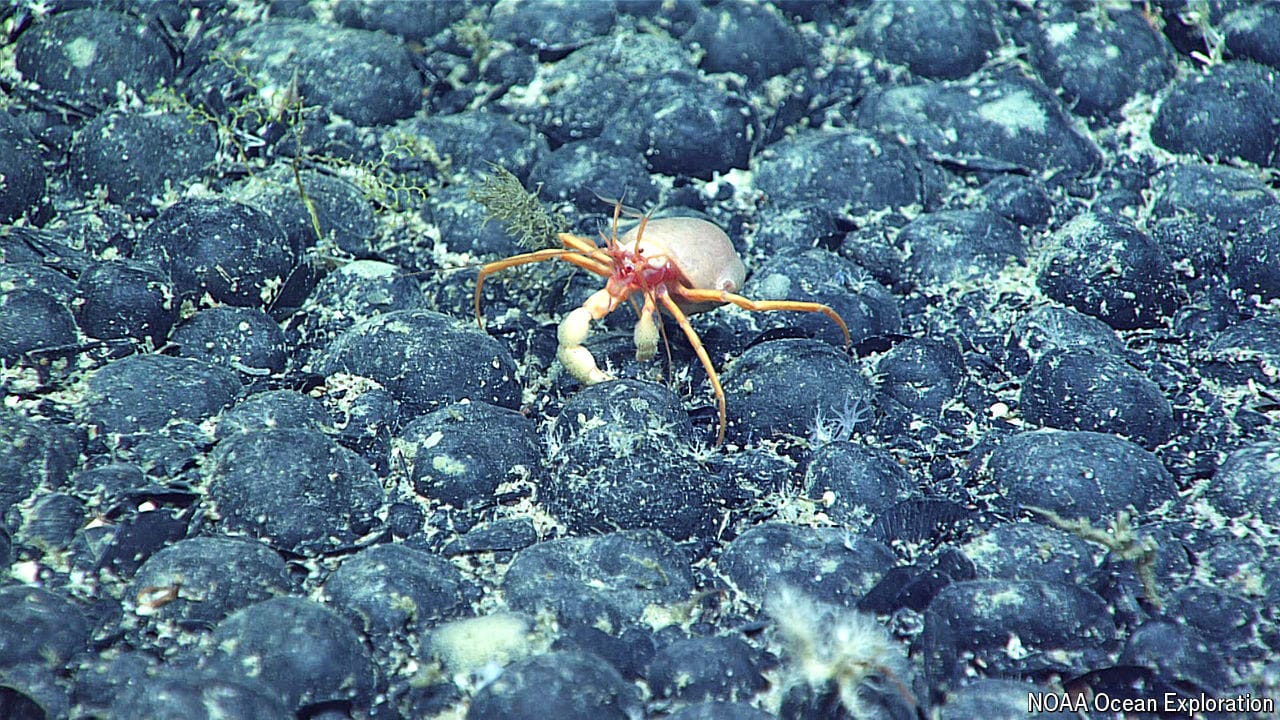A Russia-linked network uses AI to rewrite real news stories
CopyCop churned out 19,000 deceptive posts in a month

IN THE 1980S the KGB had a well-worn method for pumping disinformation around the world. “We preferred to work on genuine documents,” recalled Oleg Kalugin, a former KGB general, “with some additions and changes.” That method has not changed greatly, but technology has accelerated the process. In early March a network of websites, dubbed CopyCop, began publishing stories in English and French on a range of contentious issues. They accused Israel of war crimes, amplified divisive political debates in America over slavery reparations and immigration and spread nonsensical stories about Polish mercenaries in Ukraine.
Explore more
This article appeared in the Science & technology section of the print edition under the headline “Breaking the news”
More from Science and technology

How Ukraine’s new tech foils Russian aerial attacks
It is pioneering acoustic detection, with surprising success

The deep sea is home to “dark oxygen”
Nodules on the seabed, rather than photosynthesis, are the source of the gas

Augmented reality offers a safer driving experience
Complete with holograms on the windscreen
Clues to a possible cure for AIDS
Doctors, scientists and activists meet to discuss how to pummel HIV
AI can predict tipping points before they happen
Potential applications span from economics to epidemiology
Astronomers have found a cave on the moon
Such structures could serve as habitats for future astronauts
